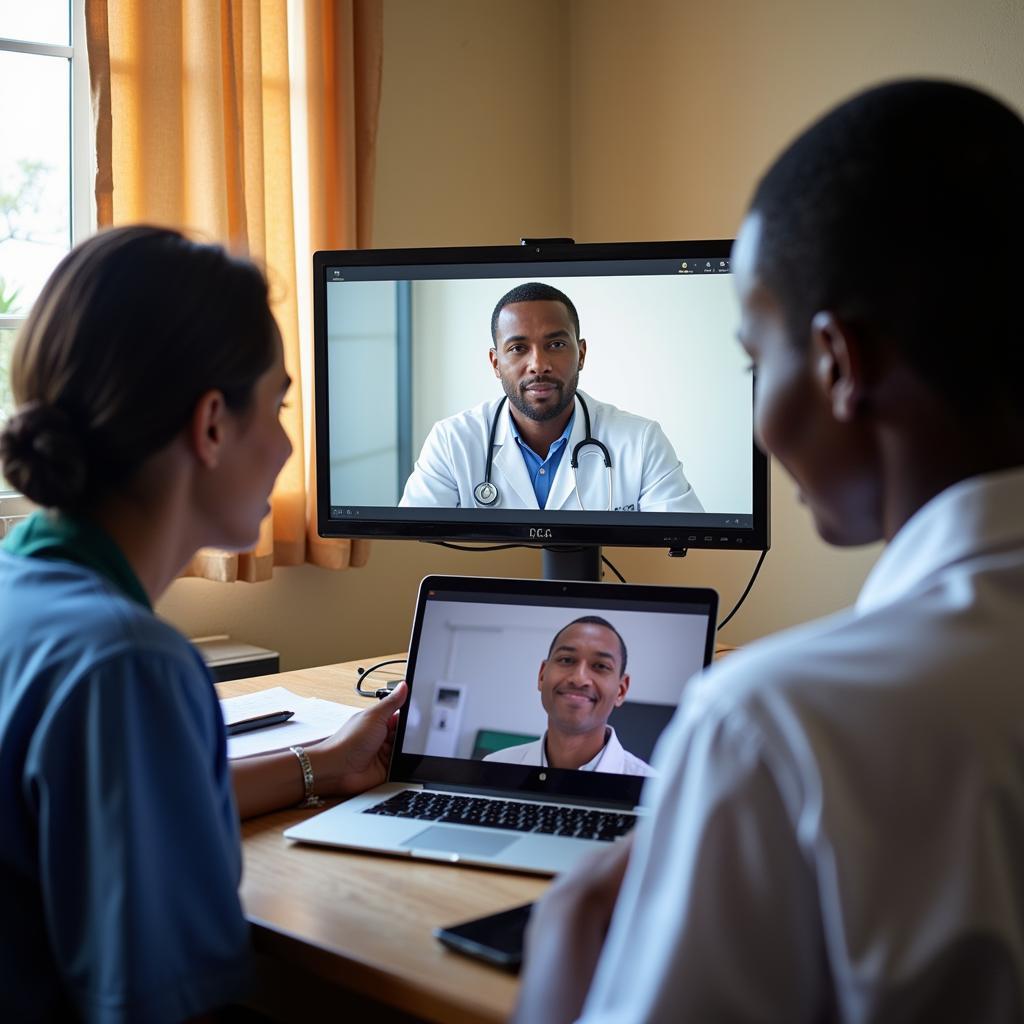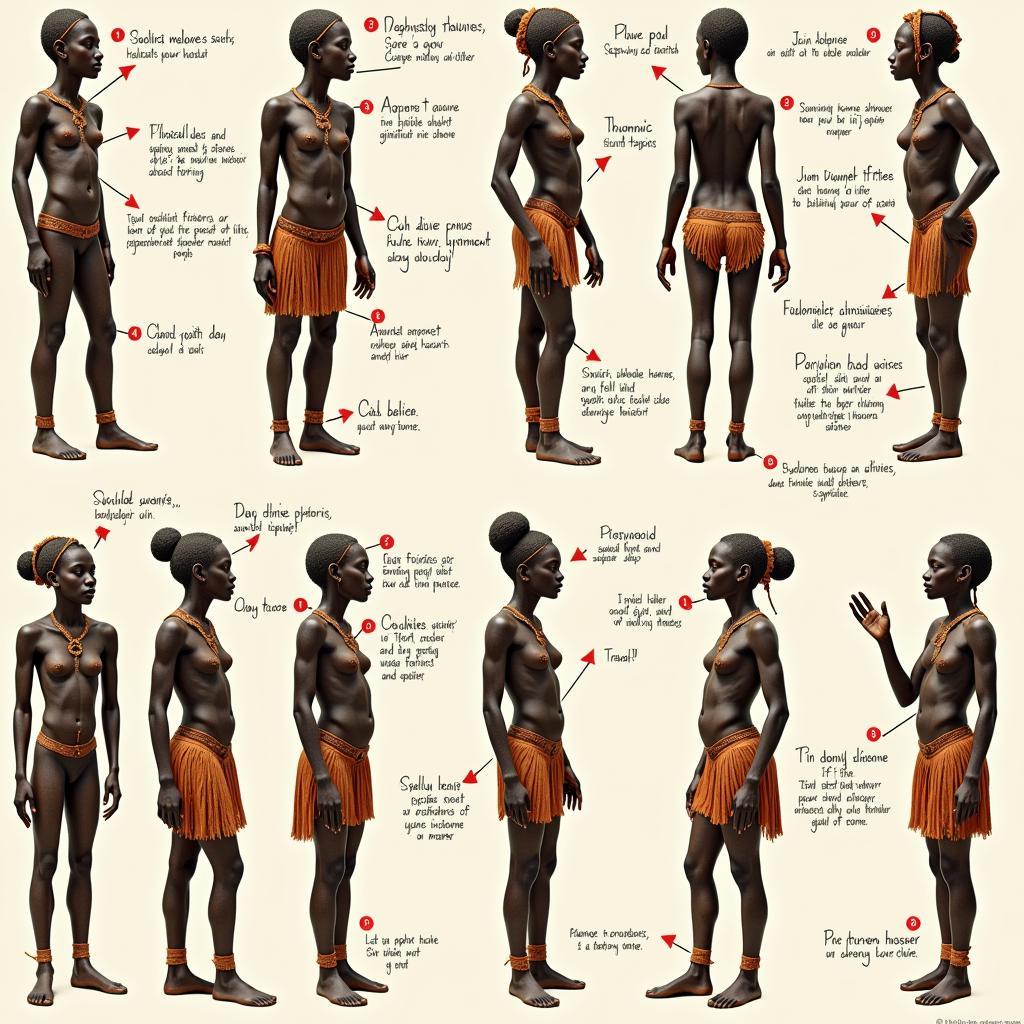African Countries Radiologist: A Comprehensive Overview
The demand for skilled African Countries Radiologist professionals is steadily growing as healthcare systems across the continent continue to develop and modernize. Access to quality diagnostic imaging services is crucial for effective patient care, and radiologists play a pivotal role in this process. This article explores the current state of radiology in Africa, the challenges faced, and the promising future for aspiring radiologists.
The Current Landscape of Radiology in Africa
Access to radiology services in Africa varies considerably across countries. While some nations have relatively well-established infrastructure and a decent number of trained radiologists, others face significant shortages and limited resources. This disparity often reflects the broader economic and developmental context of each country. For instance, South Africa, Morocco, and Egypt generally have more advanced medical facilities and training programs compared to many sub-Saharan African countries. However, even within countries, access can vary drastically between urban and rural areas, with rural populations often facing the greatest challenges. This uneven distribution of resources and expertise contributes to health disparities and hinders effective healthcare delivery.
 African Radiologist Examining X-ray
African Radiologist Examining X-ray
Challenges and Opportunities for African Countries Radiologist
One of the main challenges is the limited number of trained African countries radiologist and other healthcare professionals. This shortage is exacerbated by brain drain, as qualified individuals often seek opportunities in higher-income countries. Another significant hurdle is the lack of access to advanced imaging equipment, particularly in remote areas. Maintaining and repairing existing equipment can also be problematic due to limited technical expertise and access to spare parts. Funding for healthcare infrastructure, training programs, and equipment remains a crucial issue across much of the continent.
Despite these challenges, there are also promising opportunities. Telemedicine, for example, has the potential to bridge geographical gaps and improve access to radiology services in remote areas. International collaborations and partnerships can facilitate training and knowledge exchange, helping to build local capacity. The growing awareness of the importance of early diagnosis and preventative medicine is also driving demand for radiology services, creating further opportunities for aspiring radiologists.
 Telemedicine Connecting Rural Africa
Telemedicine Connecting Rural Africa
Training and Education for Aspiring Radiologists
Several universities and medical schools across Africa offer radiology training programs. These programs often involve both theoretical coursework and practical clinical experience. However, the quality and availability of training programs can vary considerably. Some countries have established partnerships with international institutions to enhance their training curricula and provide access to advanced learning resources. Scholarships and funding opportunities are also available to support aspiring radiologists in pursuing specialized training. The development of robust training programs is essential for producing a skilled workforce capable of meeting the growing demand for radiology services.
The Future of Radiology in Africa
The future of radiology in Africa is intrinsically linked to the overall development of the continent’s healthcare systems. Investment in infrastructure, training, and technology is crucial for improving access to quality diagnostic imaging services. Innovation and technological advancements, such as artificial intelligence and machine learning, are also expected to play an increasingly important role in shaping the future of radiology practice in Africa.
Conclusion
African countries radiologist play a critical role in improving healthcare outcomes across the continent. Addressing the challenges related to training, infrastructure, and resource allocation will be crucial for unlocking the full potential of radiology in Africa. By investing in the development of a skilled and well-equipped radiology workforce, African countries can significantly improve the health and well-being of their populations.
FAQ
- What are the main challenges facing radiology in Africa? Lack of trained personnel, limited access to equipment, and funding constraints are major challenges.
- How can telemedicine improve radiology services in Africa? Telemedicine can connect remote areas with specialists, enhancing access to diagnostic expertise.
- What training opportunities exist for aspiring radiologists in Africa? Several universities and medical schools offer radiology training programs, often supported by international partnerships.
- What role does technology play in the future of radiology in Africa? Technological advancements like AI and machine learning are expected to revolutionize radiology practice in Africa.
- What are the career prospects for radiologists in Africa? Career prospects are promising due to the increasing demand for diagnostic imaging services.
- What are some key countries with developing radiology sectors in Africa? South Africa, Morocco, Egypt, and Kenya are among the countries with growing radiology sectors.
- How can I support the development of radiology in Africa? Supporting organizations focused on healthcare development in Africa and promoting educational initiatives can contribute to positive change.
Need More Help?
For further assistance or inquiries, feel free to contact us: Phone: +255768904061, Email: kaka.mag@gmail.com or visit our office at Mbarali DC Mawindi, Kangaga, Tanzania. We have a 24/7 customer support team available to assist you.



